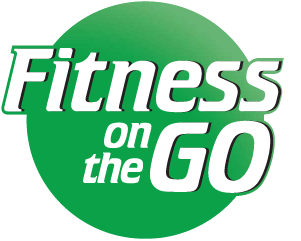
The Importance of Sleep for Exercise
Most people understand the importance of exercise. However, if you’re only exercising and not taking care of your body in other ways, you could be doing yourself a disservice. Not only will you not be getting the most from your workouts, but you could even be hurting your exercise efforts and potentially risking injury.
In today’s busy and stressful world, many people unfortunately do not get enough sleep. However, sleeping is important for many reasons. Here are a few.
Being Well-Rested Improves Performance
If you’re not getting enough sleep, it’s difficult for your body to perform at its best. When you’re tired, your muscles won’t operate at peak strength, you won’t be able to push yourself as hard, and you’ll find it harder to get motivated to work out. This means you won’t get as good of a workout.
Sleep Helps your Body Recover
If you haven’t slept enough, your body won’t get the time it needs to recover. This not only means that you won’t be able to exercise at your top level, but it also means that you’ll be more likely to suffer an injury. A tired body is more vulnerable.
Sleeping Well Keeps You Alert and Focused
When you get enough sleep, you’re more alert and more focused. This makes it much less likely that you’ll have bad form or make a mistake during your workout. A good night sleep (and the focus it provides you) will help you get more out of your workout, reduce your risk of injury, and make exercising more enjoyable as well.
How Much Sleep is Enough?
Different people need different amounts of sleep. In general, adults should try to get between 7 and 9 hours of sleep each night if they want to perform at their best. However, if you’re frequently doing intense workouts, you may need more. Listen to your body and, if you feel very tired, you’re likely sleep deprived.
To improve your sleep, try to keep a consistent sleep schedule, avoid distractions (such as phones and laptops) right before bed, and reduce your caffeine intake if you’re having trouble sleeping.
 1-888-808-2348
1-888-808-2348